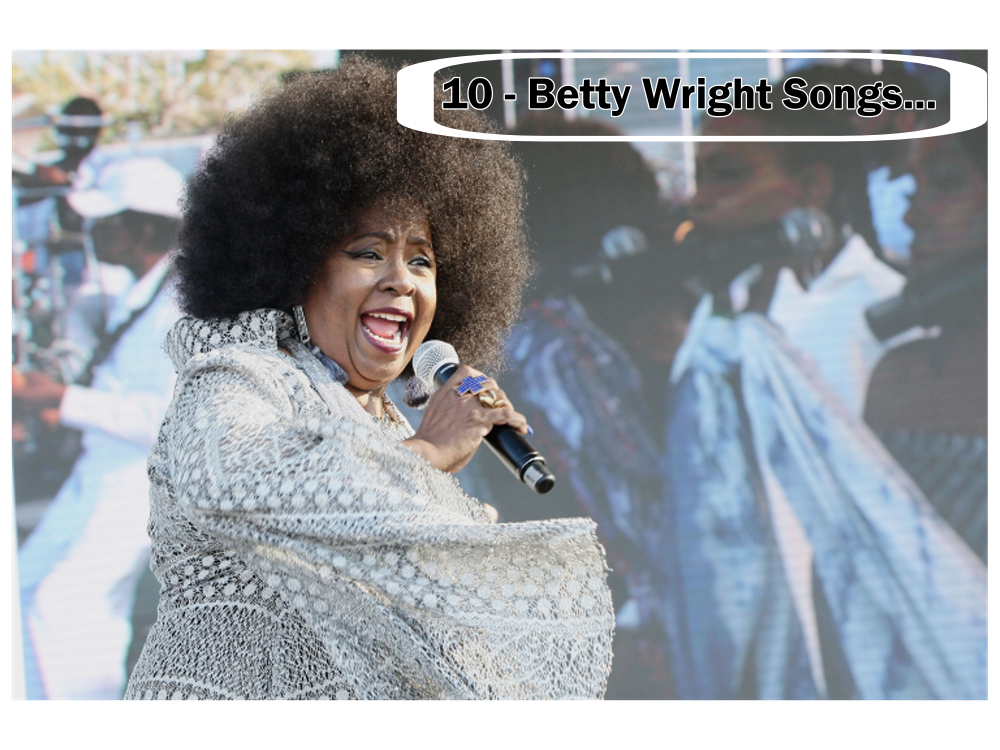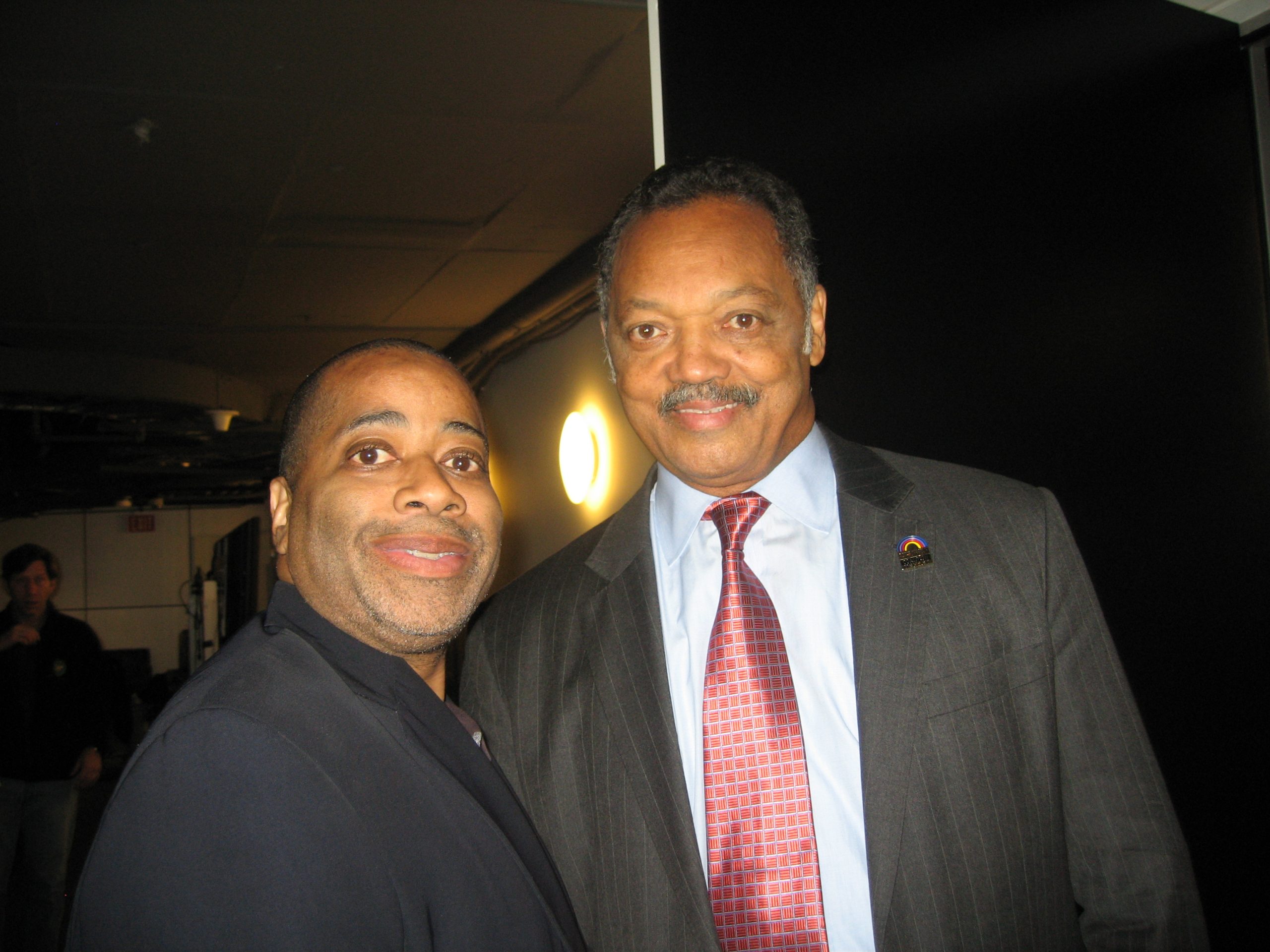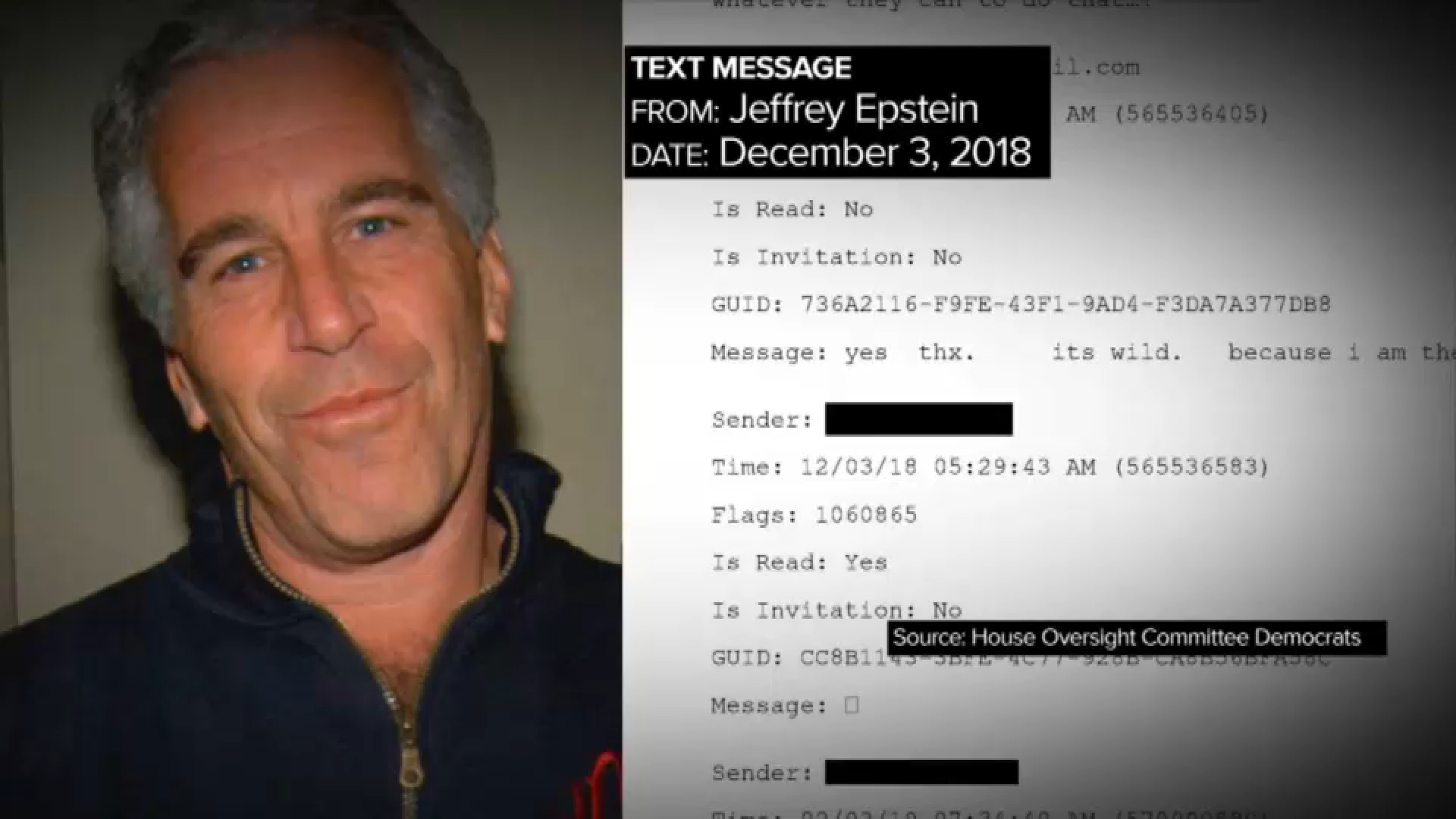(ThyBlackMan.com) Betty Wright’s voice felt like both a conversation and a sermon. She didn’t just sing—she told the truth, pulling from real life, heartache, joy, and soul-deep wisdom. Growing up hearing her on the radio or through the walls at home, it was clear she wasn’t just a singer—she was that bold, wise auntie who said what needed to be said, with both grit and grace.
Whether laying down funk grooves, challenging double standards, or singing honestly about heartbreak and healing, Betty made music that stayed with you. These ten songs aren’t just standout tracks—they’re living stories, filled with messages that still resonate. If you’re discovering her catalog for the first time or circling back with new perspective, this is the perfect place to listen, feel, and reflect.

1. Clean Up Woman
Album: I Love The Way You Love
“Clean Up Woman” isn’t just Betty Wright’s breakout hit—it’s a cultural bellwether. The track marries storytelling with undeniable groove, creating a soulful warning that has transcended decades. The guitar lick—sharp, funky, and unforgettable—kicks things off like a door swinging open to drama, and from there, Betty takes center stage with an attitude as cool as it is commanding.
What makes “Clean Up Woman” so remarkable is Wright’s tonal mastery. She doesn’t belt out the warning with rage or sorrow—instead, she delivers it with a matter-of-fact poise, as if offering sisterly advice. It’s wisdom passed through rhythm and rhyme. And the fact that she was only 17 when she recorded it makes the track even more astonishing. She sang with the conviction of someone who had lived twice her years.
Thematically, it flipped the script on the “other woman” trope. Instead of tearing down the mistress, Wright cautions women to cherish what they have before someone else steps in. It’s not about blaming—it’s about awareness. That kind of perspective was rare in 1971, and frankly, still is today.
From its placement in hip-hop samples to its use in film and television, “Clean Up Woman” is more than just a song—it’s a sonic institution. It stands tall in the lineage of women-centered storytelling in music, and every time that guitar riff kicks in, you know you’re hearing Betty Wright’s legacy in motion.
2. Tonight Is the Night
Album: Danger High Voltage
Few songs in the R&B canon dare to tread the delicate terrain that “Tonight Is the Night” explores. Betty Wright’s soft-spoken ballad about losing her virginity is not only intimate—it’s fearless. Long before today’s conversations about sexual agency became mainstream, Wright offered a vulnerable, deeply human portrait of a young woman preparing for a major milestone.
Her delivery is conversational and patient. The spoken-word intro feels like a diary entry you weren’t supposed to read—but she wants you to hear it. Her words unfold like slow blooming petals—no rush, no bravado. Just real emotion. And when the melody finally arrives, it floats rather than marches, anchored by soft electric piano and feather-light rhythm work.
The live version recorded years later became a hit on its own, thanks to Wright’s honest pre-song monologue. She engaged the audience, laughed with them, shared her nerves, and then delivered the song as a communal experience. That version solidified “Tonight Is the Night” not only as a Betty Wright classic, but as a soul standard.
It remains an outlier in music history—few have touched this subject with such grace. For modern listeners seeking authenticity, it’s the kind of track that reminds us vulnerability doesn’t weaken the narrative. It makes it unforgettable.
3. Let Me Be Your Lovemaker
Album: Hard to Stop
Betty Wright turned seduction into celebration on “Let Me Be Your Lovemaker,” a track that dances with bold energy while never losing its groove. This isn’t just a flirtatious song—it’s a declaration of intent. The title alone signals a woman who knows what she wants and isn’t afraid to vocalize it, something still rare in even today’s pop and R&B landscapes.
The instrumentation is ferocious and funky. Horns swing like punctuation marks, guitars riff with strut, and the bassline drives the beat with authority. Wright’s vocals weave through it all with effortless cool, infusing sass into every syllable. She doesn’t just perform the song—she owns it. Her voice crescendos and retreats in perfect rhythm, turning vocal control into pure seduction.
The lyrics balance sensuality and soul. “I want to be your bread when you’re hungry, your water when you’re dry,” she sings. There’s nothing passive in her offering. It’s spiritual, physical, emotional—a full package of love on her terms. And though the words are provocative, they’re wrapped in sophistication and respect.
It’s impossible to hear this track and not think of artists like Erykah Badu, Jill Scott, or even Alicia Keys—women who create space for both sensuality and intellect in their music. “Let Me Be Your Lovemaker” helped carve that path, making it a vital track for anyone tracing the evolution of female empowerment in soul music.
4. Shoorah! Shoorah!
Album: Danger High Voltage
Betty Wright’s “Shoorah! Shoorah!” feels like the ultimate exhale after heartbreak. It’s celebratory, spunky, and entirely unbothered—a breakup song that’s less about loss and more about liberation. Funk meets sass here in an irresistible call-and-response structure that draws listeners in like a live jam session.
From the opening seconds, the groove announces itself with authority. The bass walks, the drums pop, and the organ hums in the background like it’s blessing the whole thing. Betty’s voice, as always, doesn’t just ride the rhythm—it commands it. She repeats “Shoorah!” like a mantra, making the nonsense of a past lover seem laughable in hindsight.
Wright’s genius here lies in how she lets humor lighten the emotional load. There’s a wink in her voice, a playful shrug in the phrasing. She’s not bitter—she’s free. “Shoorah! Shoorah!” is cathartic without being angry, which makes it a rare gem among post-breakup songs that typically lean into sadness or revenge.
Even today, this track fits perfectly on a “moving on” playlist. You can play it loud in your car after quitting a toxic job, ending a friendship, or deciding that you deserve more. It feels like that moment when you realize you’re finally over it—and you smile, shoulders loose, head held high. That’s the power of Betty Wright. She didn’t just give you heartbreak songs—she gave you soul music for survival.
5. Girls Can’t Do What the Guys Do
Album: My First Time Around
At just 14 years old, Betty Wright didn’t just debut with a catchy R&B tune—she entered the music world swinging with a bold social critique. “Girls Can’t Do What the Guys Do” was a daring and layered take on gender roles, especially coming from a teenager in the late 1960s. The song hit like a cold splash of water: a melodic reality check wrapped in doo-wop harmonies and smoky soul production.
What makes this track so fascinating is the emotional duality in Wright’s performance. There’s a hint of resignation in her delivery, like she knows the game is rigged. Yet there’s also defiance in the phrasing—as if she’s already questioning why this double standard exists. Her maturity in vocal tone and cadence suggests she wasn’t just parroting adult ideas—she understood them.
The production leans heavily into the girl-group stylings of the era, with harmonies that evoke The Supremes and instrumentation reminiscent of Motown’s golden age. But while the melody is sweet and the horns are warm, the lyrics carry a bite: “You try to match your man two for two/Don’t try to do the things that the guys do, no no” It’s a critique dressed in satin gloves.
In today’s conversations around gender equality, the track feels like a precursor to the feminist soul anthems that would follow. It’s both a product of its time and an artifact of ongoing struggles. Artists like Jazmine Sullivan and H.E.R. continue to echo Wright’s message, proving how timeless her insights were—even at 14.
6. Baby Sitter
Album: I Love the Way You Love
“Baby Sitter” is the kind of song that plays like a mini soap opera—and Betty Wright is both the narrator and the protagonist. From the very first line, she dives straight into the scandal: “So I went and hired myself a babysitter/And that’s when my trouble all started…” You already know this isn’t going to end well, but you’re compelled to listen as Wright peels back each layer of betrayal.
She injects her vocals with theatrical flair, using pauses, tone shifts, and subtle inflections to turn the story into a three-act drama. There’s no screaming, no wailing—just sharp, deliberate storytelling. Every word is packed with emotion, especially when she realizes the betrayal was not just from her partner, but from someone she trusted in her home. That element adds an extra layer of sting and social commentary.
What’s brilliant is the contrast between the song’s upbeat tempo and the bitterness of the lyrics. The rhythm section bounces with a sort of ironic cheerfulness, which makes the betrayal feel even more cutting. This musical juxtaposition—bright instrumentation against dark subject matter—is one of Wright’s signature storytelling tools.
Today, “Baby Sitter” feels like an audio screenplay. It’s a must-listen for fans of narrative songwriting and anyone who loves the drama of tracks like Millie Jackson’s “If You’re Not Back in Love by Monday” or Shirley Brown’s “Woman to Woman.” This is Betty Wright using music not just to entertain, but to confront uncomfortable truths—and doing so with unmatched flair.
7. Secretary
Album: Danger High Voltage
In “Secretary,” Betty Wright again dons her armor as the voice of women scorned—but this time, she’s quieter, sharper, and even more devastating. There’s no cathartic belt here. Instead, she whispers her truth, letting every lyric simmer like a low-boil pot that eventually spills over. The premise: a woman finds herself replaced by the woman who works closest to her man. And Wright turns that all-too-familiar scenario into a soulful reckoning.
What elevates this track is the way Wright mixes empathy and resolve. She doesn’t lash out. She processes. She grieves, but she doesn’t crumble. Her vocal restraint is a masterclass in emotional control. She doesn’t need to shout her pain—the tremor in her voice is enough. That subtlety gives the song its weight. It’s not melodramatic; it’s painfully real.
Musically, “Secretary” leans on minimalism. The sparse keys, occasional string swells, and haunting backing vocals create an atmosphere of quiet devastation. There’s a kind of eerie stillness to the instrumentation, as if the band is leaving space for her words to echo in the listener’s chest.
The song has only grown in significance with time. In a post-#MeToo era, “Secretary” takes on new meaning—not just about romantic betrayal, but about power dynamics in the workplace and the emotional toll of being replaced or overlooked. Wright was ahead of her time yet again, giving voice to a pain many women silently carry. This song deserves a renaissance.
8. Pain
Album: I Love the Way You Love
“Pain” might be one of the most emotionally gripping tracks in Betty Wright’s catalog. It’s slow, it’s soulful, and it doesn’t try to pretty up heartbreak. Instead, it leans into it, embracing the mess of feelings that come after a love that’s left bruises. Wright doesn’t just sing the word “pain”—she becomes it. Her voice drips with exhaustion, sorrow, and a touch of lingering hope.
Every line feels like a confession. Her delivery is unhurried, allowing the listener to sit with the gravity of each word. She doesn’t offer answers—just honesty. The pacing mirrors the emotional numbness that often follows heartbreak, and yet her voice remains vibrant, as if she’s fighting to hold herself together. That tension is what makes the song extraordinary.
The arrangement is gospel-influenced, with lush organ tones, swelling strings, and blues guitar that weeps in harmony with her voice. It’s no accident that this song sounds like a church dirge—it’s Wright mourning the death of trust, of romance, of what could’ve been. Yet within that mourning, there’s also a kind of prayer. Not for reconciliation, but for survival.
“Pain” still resonates in today’s landscape where we’re often encouraged to “get over it” or “bounce back.” Wright doesn’t rush the process. She makes space for sadness, showing that there is dignity in feeling deeply. It’s a song that demands you sit with your sorrow—and that’s a powerful act in a world that rushes past grief.
9. Where Is the Love
Album: Danger High Voltage
Betty Wright’s “Where Is the Love” is a contemplative soul ballad that navigates the quiet ache of emotional distance. Unlike more explosive breakup anthems, this song captures the subtle erosion of a relationship—those moments when love doesn’t vanish all at once but instead fades in increments. Wright handles this theme with grace and poise, offering not accusations but earnest questions.
Her voice is gentle, but never weak. There’s a heartbreaking restraint in her delivery, as if she’s holding back tears while still trying to sound composed. That emotional restraint makes the track even more devastating—it’s the sound of someone trying to keep their dignity intact while their heart unravels. “Where is the love that we used to know?” she asks—not with anger, but with longing.
Musically, the song is a slow burn, built around lush orchestration that avoids becoming melodramatic. Soft strings swell in the background while the rhythm section stays tastefully minimal. Wright’s vocals are never overshadowed by the arrangement; the production respects the intimacy of her storytelling.
Today, “Where Is the Love” hits home in a world where relationships often crumble under the weight of busyness, emotional unavailability, or complacency. This song isn’t about infidelity or betrayal—it’s about disconnection, a theme that remains universally relatable. It’s the perfect soundtrack for a rainy afternoon of reflection or a late-night drive when you’re trying to make sense of someone slipping away.
10. Goodbye You Hello Love
Album: Betty Wright (Self-Titled)
“Goodbye You Hello Love” is a bold and buoyant kiss-off to the past, the kind of track that captures Betty Wright’s gift for mixing resilience with radiance. While many breakup songs wallow in sadness or rage, this one is all about moving forward with optimism. Wright doesn’t just walk away—she strides into something better, with her head high and heart open.
From the jump, the song bursts with energy. The horn section announces itself with a flourish, the drums snap with confidence, and the rhythm guitar lays down a groove that practically struts. It’s as if the instruments themselves are celebrating her emotional breakthrough. And then Betty enters, voice gleaming, vocals full of sunshine and self-assurance.
Lyrically, the song is empowering without being boastful. “I’m through crying over you,” she declares, and you believe her. There’s no need for bitterness—Wright has outgrown the drama and is now welcoming a love that uplifts instead of drains. The track feels autobiographical, as if Wright herself was putting past hurt behind her and choosing joy instead.
This song should be required listening for anyone coming out of a toxic relationship or closing a difficult chapter. It’s more than just feel-good—it’s a celebration of self-worth, of choosing peace, and of trusting that something better is ahead. Add it to your empowerment playlist, your “new chapter” soundtrack, or your Monday morning motivation. It’s timeless soul, re-energized by Wright’s unstoppable spirit.
Betty Wright walked with us through the joy and mess of life. Her songs weren’t just hits—they were testimonies. She knew how to speak to the soul without shouting, how to make pain sound beautiful, and how to remind us that survival can be a groove all its own.
Whether warning about the “Clean Up Woman,” weeping through “Pain,” or reclaiming joy in “Goodbye You Hello Love,” Betty didn’t just entertain—she empowered. Her voice still teaches, still uplifts, and still tells the truth in a way that makes you sit up and listen.
So go ahead—play these songs loud. Let them comfort you, challenge you, and carry you forward. Betty Wright sang for women who lived it, and for those still learning how to.
Staff Writer; Jamar Jackson

















Leave a Reply